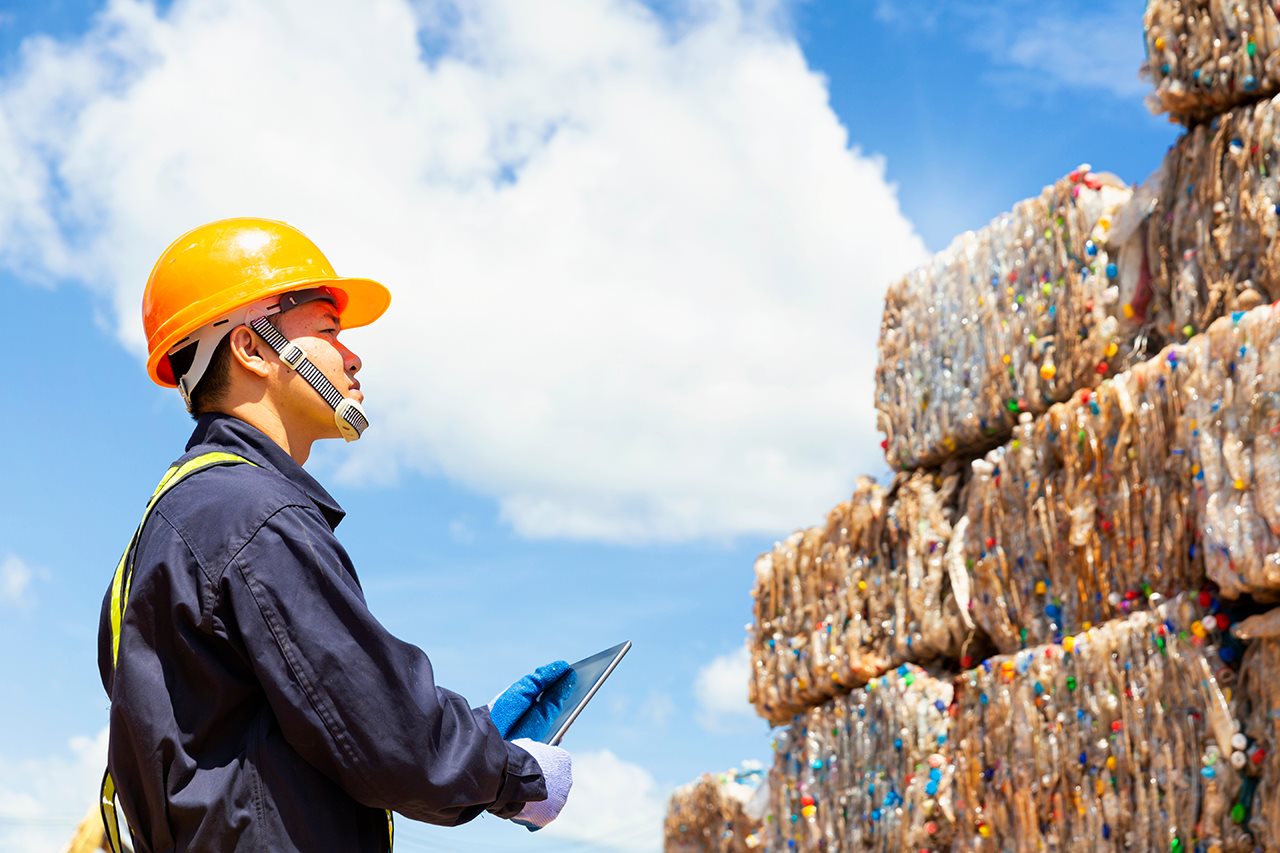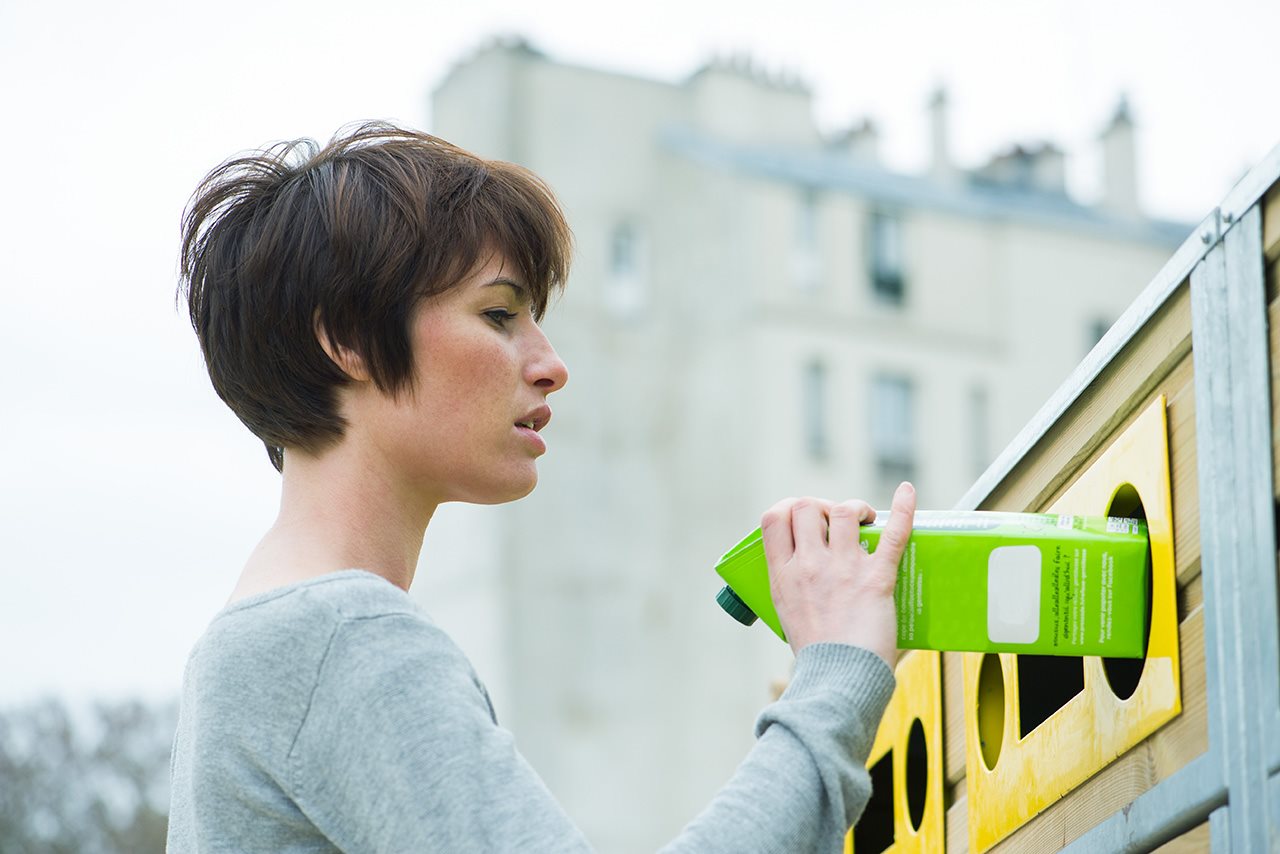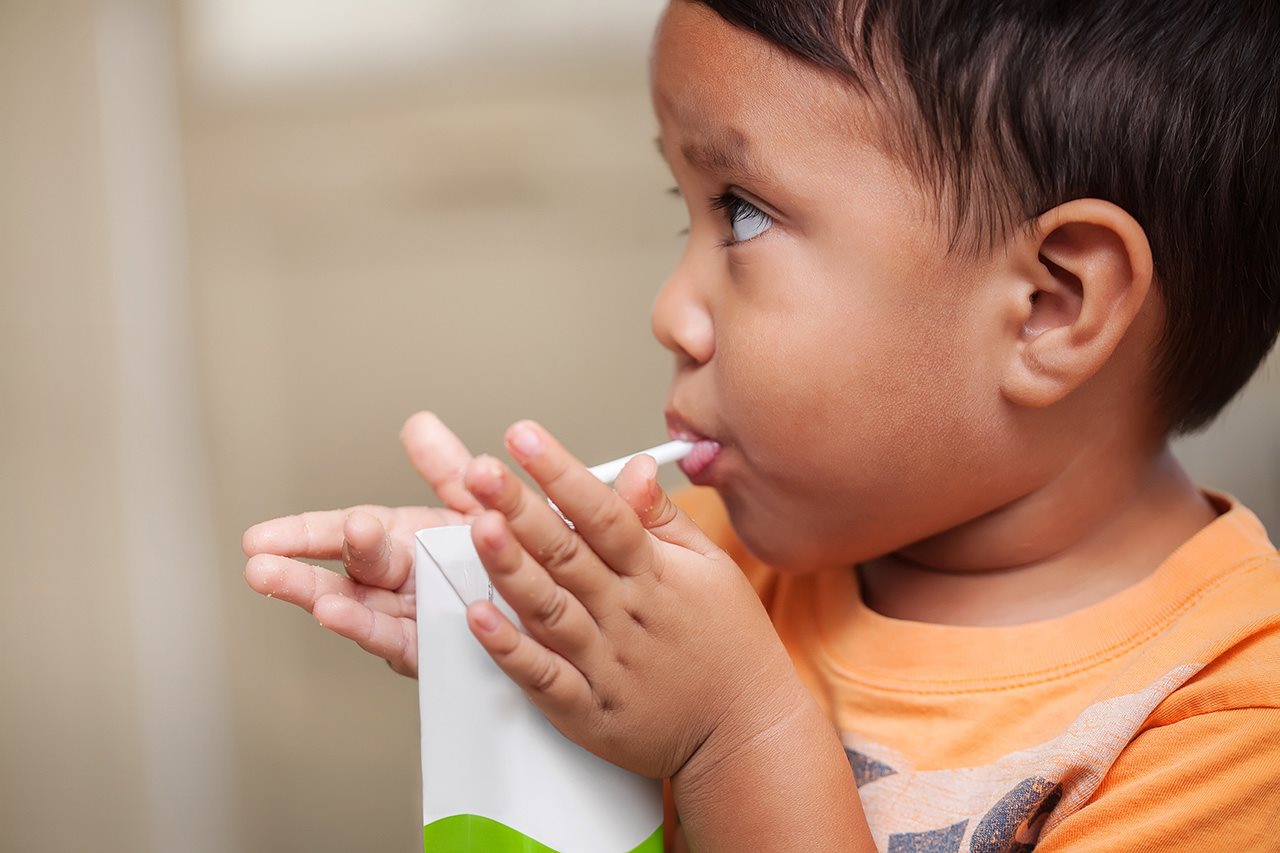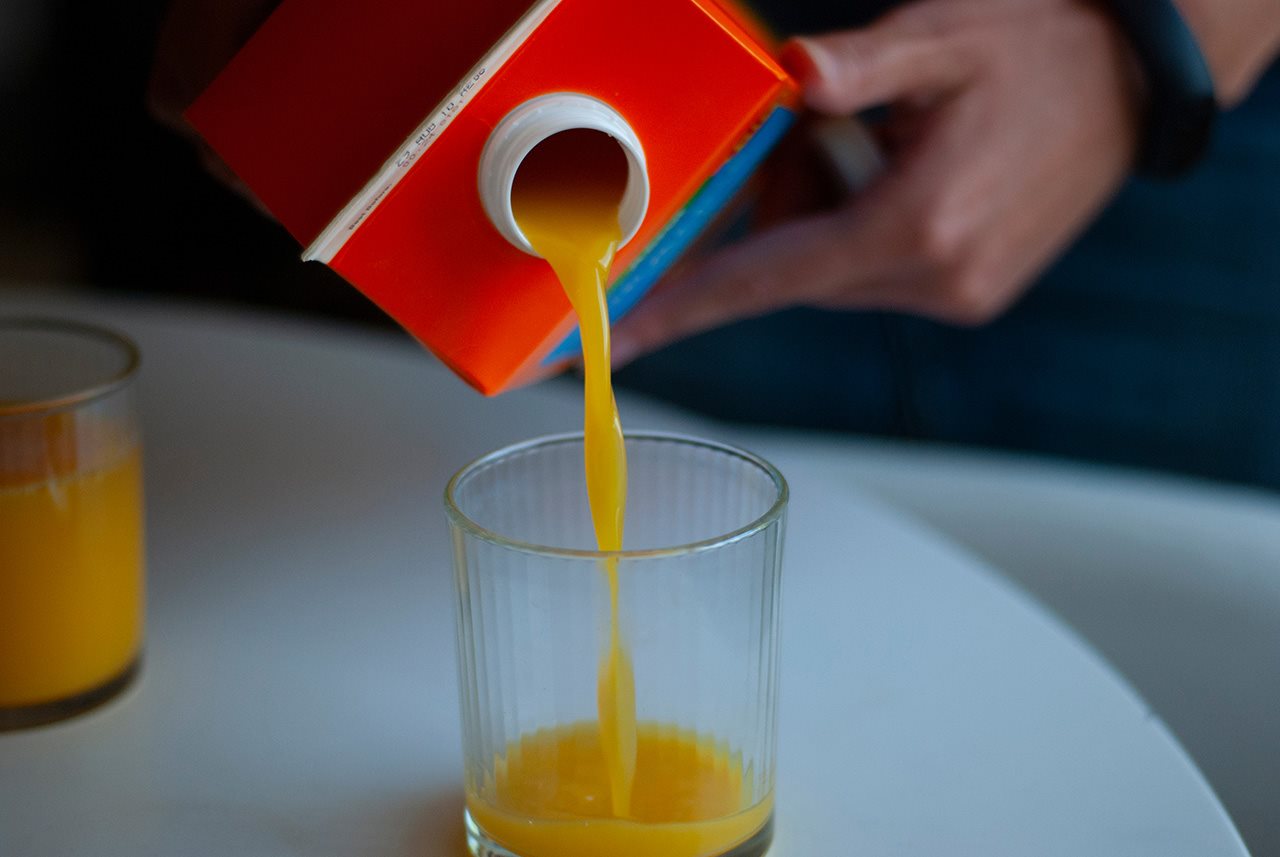New findings reveal 7 common recycling myths
(BPT) - While we all might think we're pretty good recyclers, the reality is most of us could probably do better. To help better understand recycling and turn it into a lifelong habit, the Carton Council has debunked seven popular recycling myths.

1. Myth: Dented, dirty or misshapen recyclables don't need to be recycled.
Truth: Most items don't need to be in pristine condition to be recycled. As long as they aren't coated with grease or food, recyclable materials are still wanted. Dented or misshapen packages are more likely to be thrown away as their perceived value is lower - even though those packages are still recyclable.
Simply empty any remaining product from your package and then place it into the recycling bin so it can have a second life.

2. Myth: If most of my neighbors aren't recycling, I probably shouldn't either.
Truth: This is your opportunity to be a leader, not a follower. Local recycling programs need participation to continue operating efficiently. Research shows that people are more likely to recycle if their family, neighbors and friends are, so get started and watch what happens!

3. Myth: All recyclables need to be washed and rinsed.
Truth: In most cases, recyclables don't need to be washed or rinsed. Just empty the contents and put the container in the recycling bin. For example, when recycling milk or juice cartons, any remaining liquid just needs to be dumped out. This also helps to save water by not washing recyclable containers. Just be sure there isn't any food or grease residue remaining.

4. Myth: It's OK to take a break from recycling when on vacation.
Truth: Unfortunately, even the most diligent recyclers sometimes overlook recycling on vacation, often because of a lack of recycling information at the vacation destination. If you're a Vrbo or Airbnb host, leave a recycling guide or instructions for your guests on how to recycle in your area. For vacationers, be sure to ask your host or hotel guest service about local recycling. Simple reminders to recycle are key when people are in new situations and ripe for developing new habits, like while on vacation.

5. Myth: I don't need a plan to recycle, I'll just do it
Truth: Most of us have the best intentions but making a recycling plan and breaking it into smaller, easier, tangible steps increases the likelihood of adopting the new behavior. Having a system or process with clear action steps to recycle helps us follow through because it removes the uncertainty from the decision-making process. This often leads to increased behavior and makes us more likely to make recycling part of the regular routine.
6. Myth: Recycled products like paper are going to be made anyway, so it doesn't matter if I recycle.
Truth: Products made from recycled products like paper can't be manufactured if companies don't have the recycled materials. Companies and governments are working hard to make it possible to recycle, but this fails without the efforts of everyone. By recycling, you're providing the feedstock needed to produce new items out of recycled content.
7. Myth: The companies that produce these packages don't care what happens to them, so why should I?
Truth: Many companies are working hard to make their products more sustainable, including making sure the packages are recyclable. The Carton Council and its member companies have been working hard to increase the amount of recycled food and beverage cartons in the U.S. Since their efforts began in 2009, the number of households that can recycle their cartons has more than tripled.
The Carton Council's commitment includes funding improvements for carton recycling infrastructure in the U.S. and education efforts to make sure everyone knows to recycle their food and beverage cartons, as well as other commonly recyclable materials.
To learn more, visit RecycleCartons.com.
November 1, 2022
